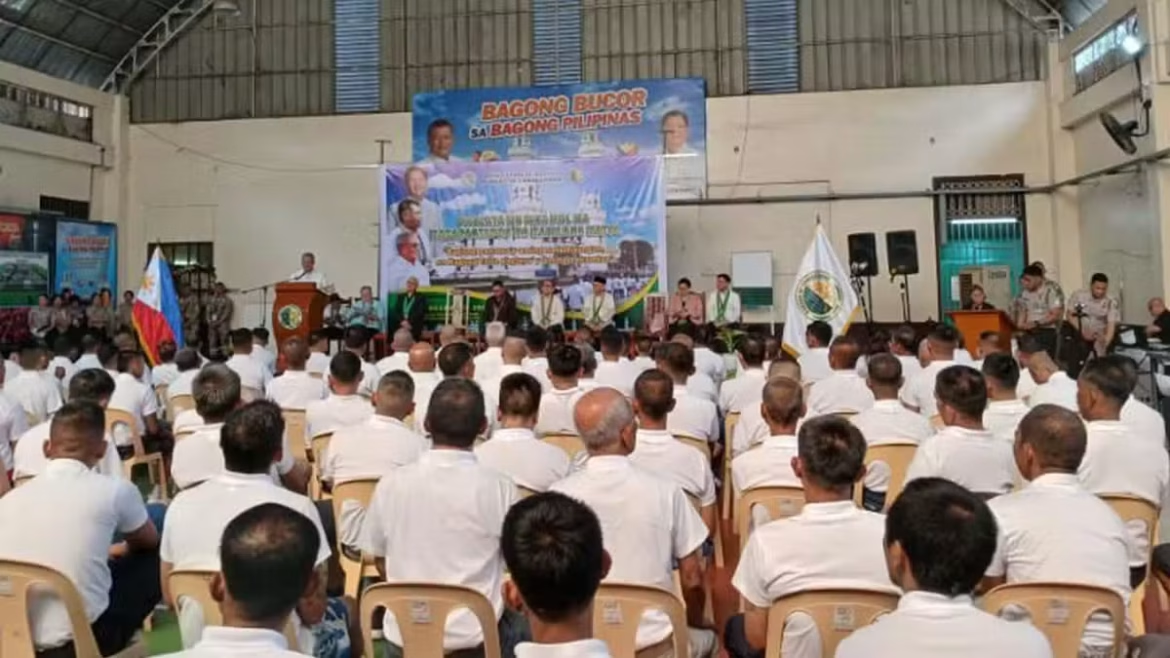The Bureau of Corrections (BuCor) in the Philippines has announced the release of around 1,000 inmates from various facilities. These releases occurred between November and December 2024, marking a significant effort to reduce the number of persons deprived of liberty (PDLs) in the country’s prisons. This recent release adds to the cumulative total of 7,707 PDLs who have been freed since the beginning of the year. The initiative aims at not only decongesting facilities but also providing former inmates a chance to reintegrate into society.
Among the released were 152 inmates from the New Bilibid Prison located in Muntinlupa City. This facility is one of the largest prisons in the Philippines, often facing challenges related to overcrowding. The recent release aligns with government efforts to address these issues through various initiatives aimed at giving second chances to those who have served their time.
BuCor has been actively working towards reforming the prison system in the Philippines. Initiatives include providing educational and vocational training to inmates, which are part of the rehabilitation and reintegration programs. These efforts aim to equip inmates with the necessary skills to find employment and lead productive lives upon their release.
The release of these prisoners also comes as part of a broader strategy to manage prison populations. As of 2024, the Philippines has faced ongoing problems of prison congestion, with facilities housing far more inmates than their intended capacity. The government’s approach includes policy reforms and other measures to alleviate these conditions, ensuring better living standards for those still incarcerated.
The release process is conducted with careful planning and coordination. Authorities evaluated the inmates’ behavior, rehabilitation progress, and other relevant factors before deciding on their release. Such measures ensure that the individuals released are ready to reintegrate into society and minimize the risk of recidivism.
In addition to administrative efforts, there are ongoing collaborations with non-governmental organizations and other stakeholders. These partnerships focus on providing support to former inmates, such as counseling, job placement, and community programs. Such support is considered crucial for the successful reintegration of former inmates back into society.
This announcement of prisoner releases has attracted attention from various sectors. Advocacy groups have expressed support for the initiative, highlighting the importance of rehabilitation over prolonged incarceration. These groups underscore the need for continuous policy evaluation and reform to address systemic issues within the prison system.
In contrast, some community members have raised concerns about public safety and the preparedness of former inmates to reintegrate successfully. Authorities have assured the public that thorough evaluations are conducted, and comprehensive post-release support is in place to address these concerns.

